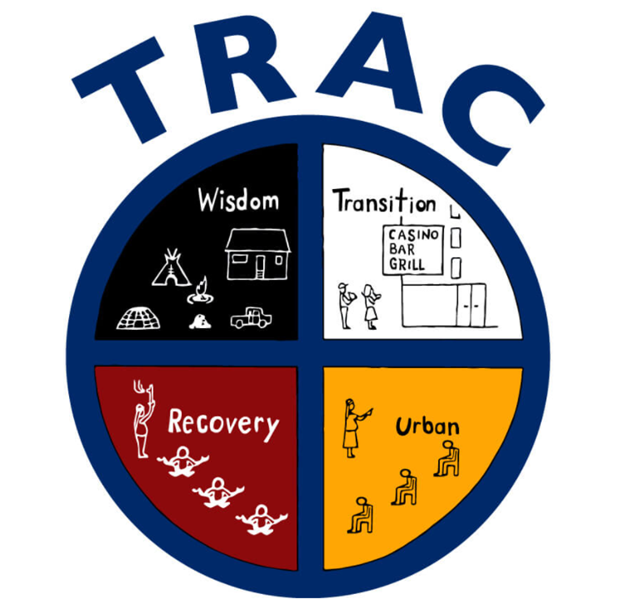Peer recovery coaching aimed at Indigenous communities in Montana
Tribal communities, among other jurisdictions across the US, have seen significant increases in opioid use disorder (OUD) over the past decade. The Transitional Recovery and Culture (TRAC) program, a project of the Rocky Mountain Tribal Leaders Council, provides peer recovery support services to Indigenous individuals with OUD and other substance use disorders (SUD) in the Billings, Montana area and nearby reservations. Primary objectives are to increase the number of locations offering support services, increase the number of individuals receiving peer-led education, skill-building and training, and improve sobriety rates for those with SUD. Peers assist participants with finding stable housing and employment, attending recovery support groups, and maintaining contact with family and friends,
Evaluations of the program as it has evolved from its inception in 2014 can be found here, here, and here, and local media coverage about the role of peers in promoting recovery here. Evidence suggests that culturally appropriate peer interventions can enhance retention in recovery and increase access to essential services such as housing and employment assistance, helping to maintain sobriety.
Peer support from those with lived experience with substance use disorder can help individuals achieve sustained recovery.









